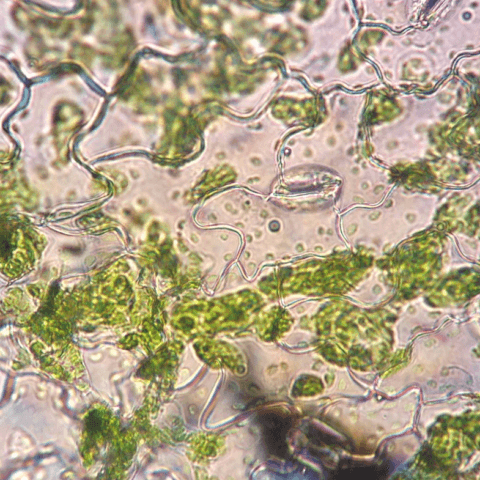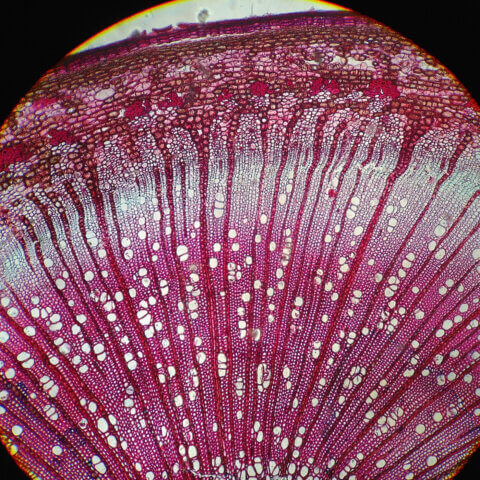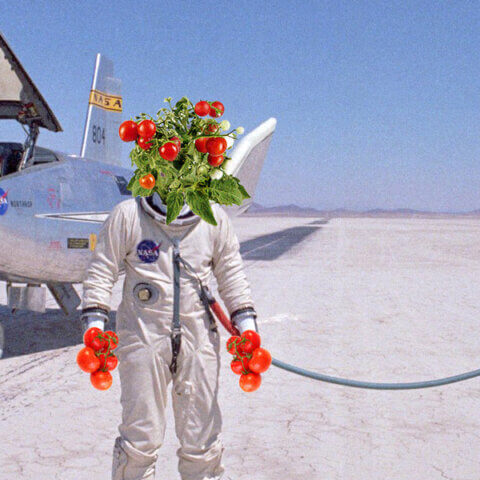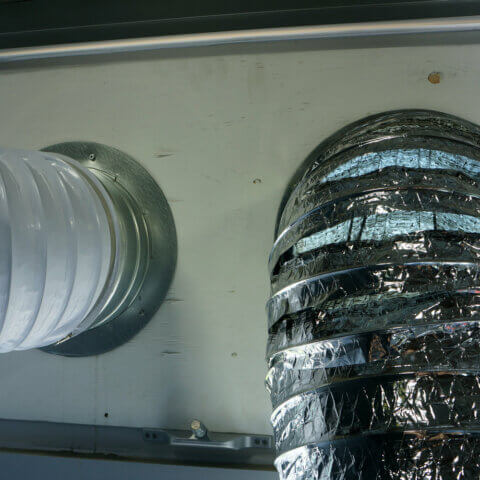Plant Immune System: Part One
Unlike mammals, plants do not have mobile white blood cells that fight off diseases. This means that most plants cells must have the ability to recognize and defend against pathogens directly. We will be focusing on what happens when bacteria, fungi and viruses manage to breach the plants outer defenses and get into the plant cell. Below we will discuss the two tiers of plant defense used to neutralize invading pathogens. Stay tuned for the next Science Fridays, where we will discuss the plant immune responses in greater detail.
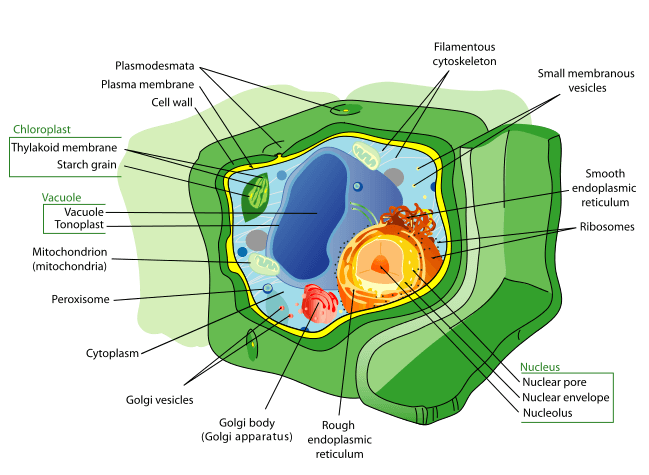
Tier 1:
Plant’s over evolutionary time have developed detailed databases on many specific disease pathogens. This data is located in the plants DNA and is used to transcribe receptors that can identify specific pathogen types. The plant positions these receptors strategically on the periphery of the plant’s cells. When the offending pathogens attempt to enter the plant cell, the receptor recognizes the pathogen and tags it with a molecular marker. These markers set of a signaling cascade that alert neighboring cells that an invasion is imminent. Alerted plant cells will up-regulate the production of defensive compounds, which is usually sufficient to halt bacterial infections.
Tier 2:
Pathogens have also evolved over time to deal with plant defenses. Some bacterial and fungal strains produce Effector proteins, which can infiltrate the plant cell and disable or interfere with that plants ability to signal to other plants, or produce defensive compounds. The arms race is not over yet however. Plants have learned to recognize specific pathogen Effector proteins. When a plant detects Effector proteins they go full nuclear. R proteins are synthesized, which turn on the plant cells self destruct function. A massive payload of reactive oxygen species is unleashed which will kill the effected plant cells and the invading bacteria alike. The infection is thus contained and cannot spread all over the plant body.

